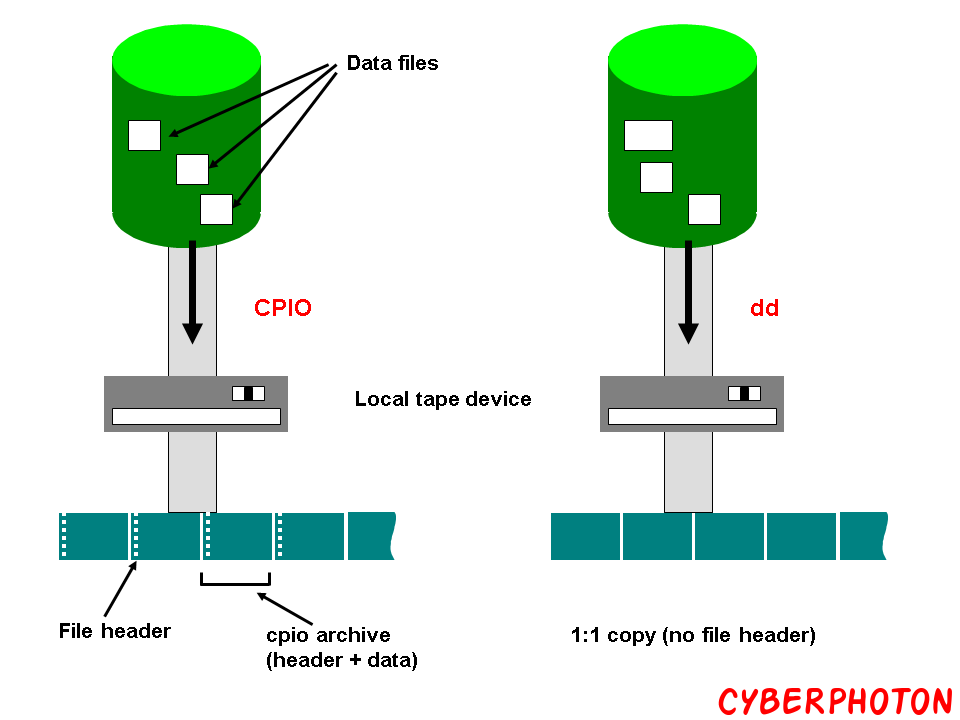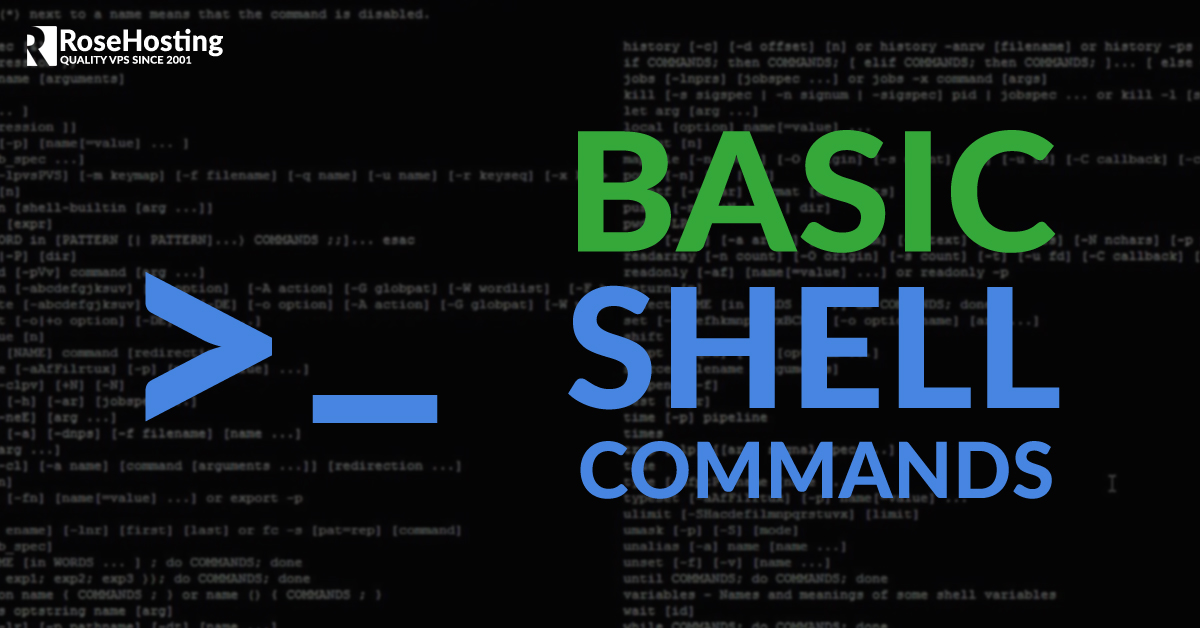Backup Linux Using dd Command
Data loss will be costly. At the very least, critical data loss will have a financial impact on companies of all sizes. The ' dd ' command is one of the original Unix utilities and should be in everyone's tool box. It can strip headers, extract parts of binary files and write into the middle [...]








